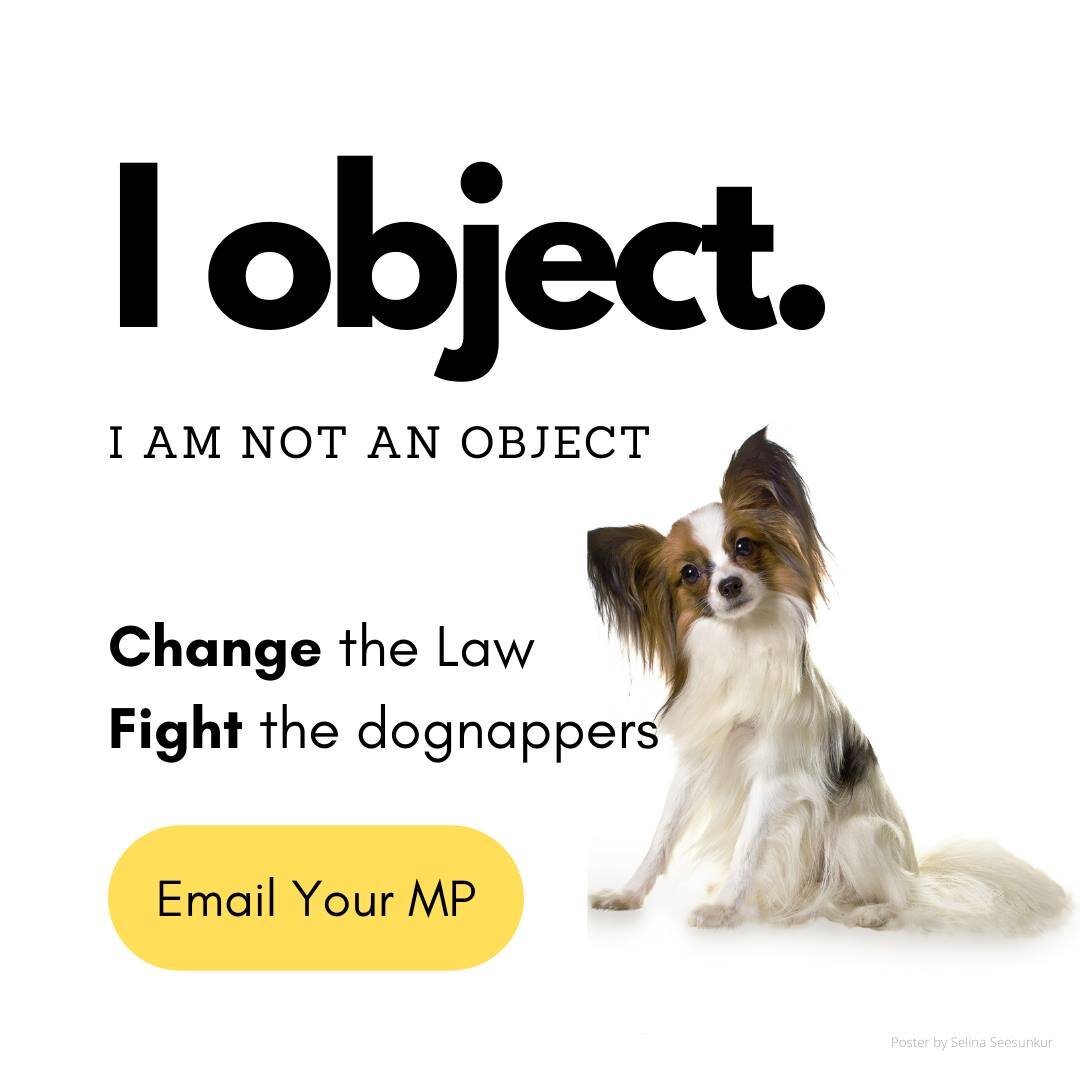I have two Great Pyrenean Mountain dogs, Pyreneans are wanderers by nature, they are Mountain Dogs after all, so teaching our dogs their names and recall are lessons we never stop reinforcing, even though they are over 2 and 3 years old. However, with the increase in dog theft, taking our dogs for a walk has become something of a rollercoaster, even when using a long lead, supposing someone snips it off!
There have been numerous reports which suggest that owning a dog can reduce stress, depression and loneliness as dogs love us unconditionally, they even help people recover from personal trauma, like bereavement. Dogs make us healthier, and according to Purina, “children with chronic illnesses often cope better with treatment when they have a canine companion”. The Covid epidemic, has led to an increased demand for dogs, especially puppies. The Kennel Club reported a 168% increase in people searching for puppies for sale on its website from the beginning of lockdown up to the end of May, compared to the same period in 2019 across the UK. It has been recognised that owners are finding it hard to breed their dogs due to restrictions and demand is outweighing supply making dogs a lucrative commodity to criminals. According to Country Living, “Dog theft increased by a staggering 250% in 2020 due to gangs cashing in on the demand for puppies during lockdown”. I do not see my dogs as a commodity; they are well-loved members of my family.
I have seen a number of petitions that have been bought forward by individuals and organisations; however, there seems to be not only a distrust but also dismay at response provided by Government so far. Hannah Louise Goldstraw started a petition calling to “Make dog theft a specific criminal offence”. It has been signed by over 190,000 people to date and a comprehensive response was given by the Government suggesting the following “The theft of a dog is already a criminal offence under the Theft Act 1968 and the maximum penalty is seven years’ imprisonment.” This same act also covers stolen cars, art, mobile phones and many other objects. In fact the Act commences by stating “A person is guilty of theft if he dishonestly appropriates property belonging to another with the intention of permanently depriving the other of it; and “thief” and “steal” shall be construed accordingly.” Unlike my car however, my dog has a beating heart, it has legs and walks and barks. Surely they deserve better than to be treated like property. You would not class a child in the same way.
According to the Dog’s Trust, in 2018, a mere 5% of reported dog thefts lead to a conviction, it is less now. Having liaised with the Secretary of State regarding knife crime, similar issues regarding convictions were raised. Why are convictions so low? I appreciate it is a balance act of resources and priorities but both knife crime and dog theft are growing at a rate no-one wishes to endure and yet both suffer from ineffective sentencing.
Whilst the law does legislate for dog theft under the Theft Act 1968, our pets are not the same as a replaceable object. Pets have a heart, a personality, they are a major part of the family and I am yet to meet anyone who would tell you otherwise. I see a few beaming smiles every time my dog gate-crashes Zoom meetings. Just imagine what he is like to live with, I smile every day. My female dog is way too independent, but she bounces around and does the best ‘I am so excited to see you’ dance, even if I am just coming downstairs. These moments are priceless, and irreplaceable. Insurance won’t bring these personalities back. And therefore I, like many others, object to a dog simply being treated like an object. We would like to see dog theft enforced robustly and for the legislation to be reviewed, so dogs and other pets are protected in their own right.


